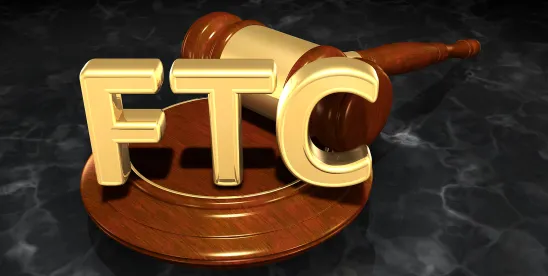On June 16, 2025 the Federal Trade Commission announced that U.K.-based payment processor, Paddle.com Market Limited, and its subsidiary, Paddle.com, Inc., will pay $5 million and be permanently banned from processing payments for tech-support telemarketers. The foregoing is in settlemetn of a Federal Trade Commission action alleging that Paddle abused the U.S. credit-card system and enabled deceptive foreign operators to access it, costing consumers millions of dollars.
According to the complaint, the FTC alleged that Paddle and its subsidiary processed payments for deceptive tech-support schemes that targeted U.S. consumers including older adults.
“Paddle provided foreign-based tech-support schemes with access to the U.S. payment system, allowing these companies to harm consumers,” said FTC lawyer Christopher Mufarrige, Director of the FTC’s Bureau of Consumer Protection. “The FTC will hold accountable payment companies that knowingly facilitate payments for scammers or look the other way when faced with red flags about their clients’ conduct.”
The complaint charges that: (i) Paddle allegedly opened merchant accounts claiming to be a “merchant of record” or software “reseller,” then allegedly used these accounts to process card payments on behalf of numerous, unrelated third-party merchants; (ii) Paddle allegedly enabled overseas schemes to access the credit card system and collect payments from U.S. consumers, and to allegedly evade detection by merchant banks and card networks; (iii) Paddle allegedly facilitated schemes, like Restoro-Reimage, that allegedly used fake virus alerts and pop-up messages to impersonate familiar brands, such as Microsoft or McAfee (in March 2024, Paddle’s client, Restoro-Reimage, paid $26 million to settle the FTC’s charges of violating the FTC Act and the Telemarketing Sales Rule); and (iv) as the “merchant of record,” Paddle alleedly charged consumers for automatically renewing subscriptions without clearly disclosing that consumers would incur recurring charges.
According to the FTC, Paddle allegedly violated the FTC Act, the Telemarketing Sales Rule, and the Restore Online Shoppers’ Confidence Act.
Under the proposed settlement order Paddle will be:
- Permanently prohibited from processing payments for tech-support merchants that engage in telemarketing or use pop-up messages about computer security or performance;
- Prohibited from assisting deceptive merchants or engaging in any tactic to avoid fraud or risk-monitoring programs established by banks or the card networks;
- Required to implement effective client screening and monitoring, and provide periodic reporting about merchant-clients’ transactions to Paddle’s payment-service providers; and
- Required to clearly and conspicuously disclose the terms of any subscription it processes, get consumers’ express informed consent to the subscription, and provide consumers with a simple way to cancel and prevent recurring charges.
According to the FTC, the $5 million payment Paddle is required to make under the settlement will be used to supplement the redress for consumers purportedly harmed by the alleged Restoro-Reimage tech support scheme.
Contact an experienced FTC CID lawyer if you or your company have received an FTC civil investigative demand or if you are are interested in discussing the implementaion of protactive compliance protocols.
Chairman Andrew N. Ferguson issued a statement joined by Commissioners Melissa Holyoak and Mark R. Meador.
“One way the Commission combats foreign scams, however, is enforcing the law against American companies who unlawfully facilitate foreign schemes. By vigorously requiring domestic actors to obey the law, the Commission can cut off foreign scammers’ use of American companies to prey on American families. Today’s settlement is an example of such a case. Paddle, though primarily based in the United Kingdom, has a continuing presence in the United States, with an American component through which it channels American payments.”
The FTC filed the complaint and proposed settlement order in the U.S. District Court for the District of Columbia.




 />i
/>i

